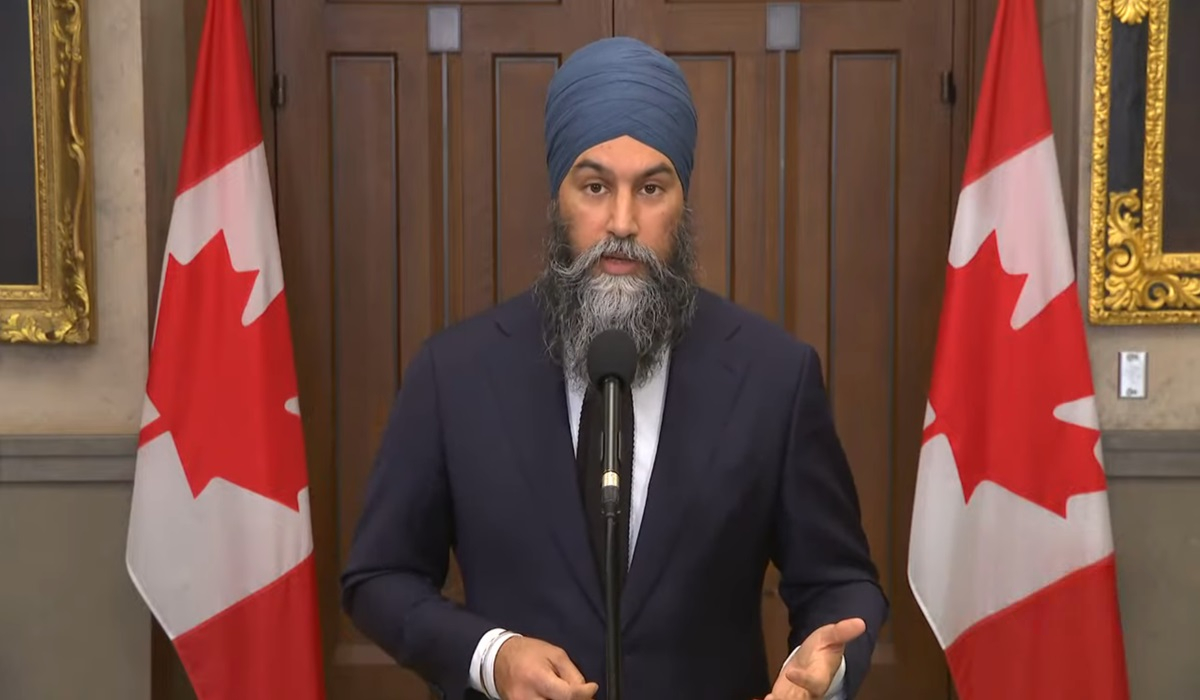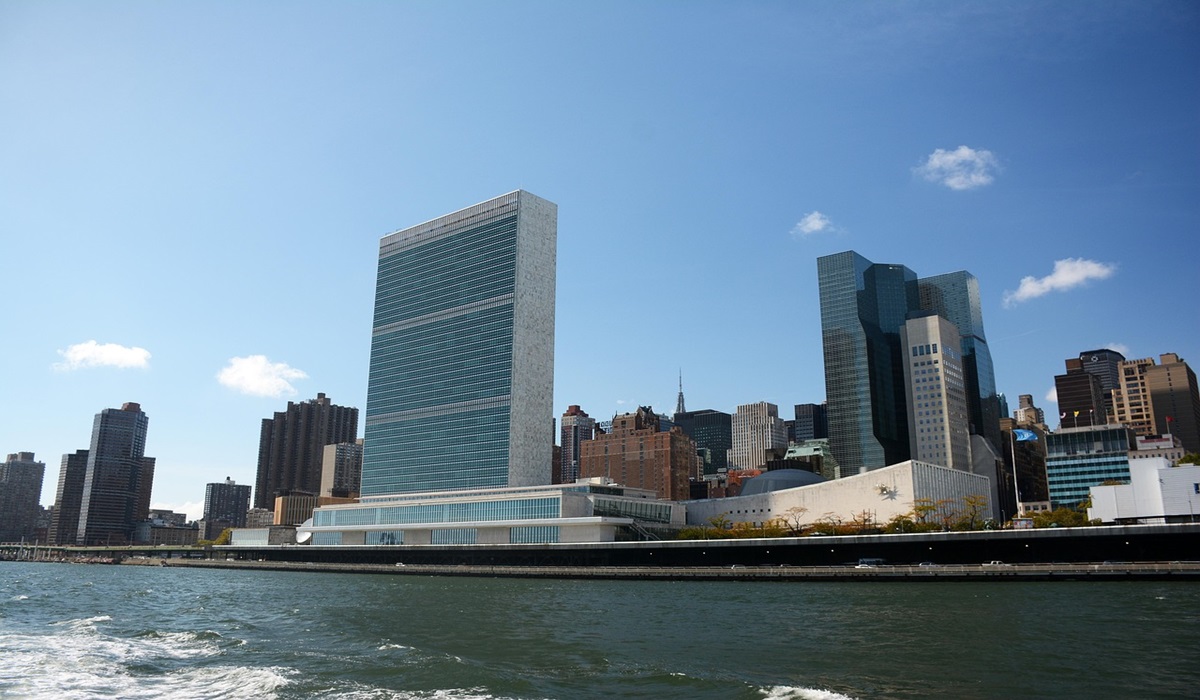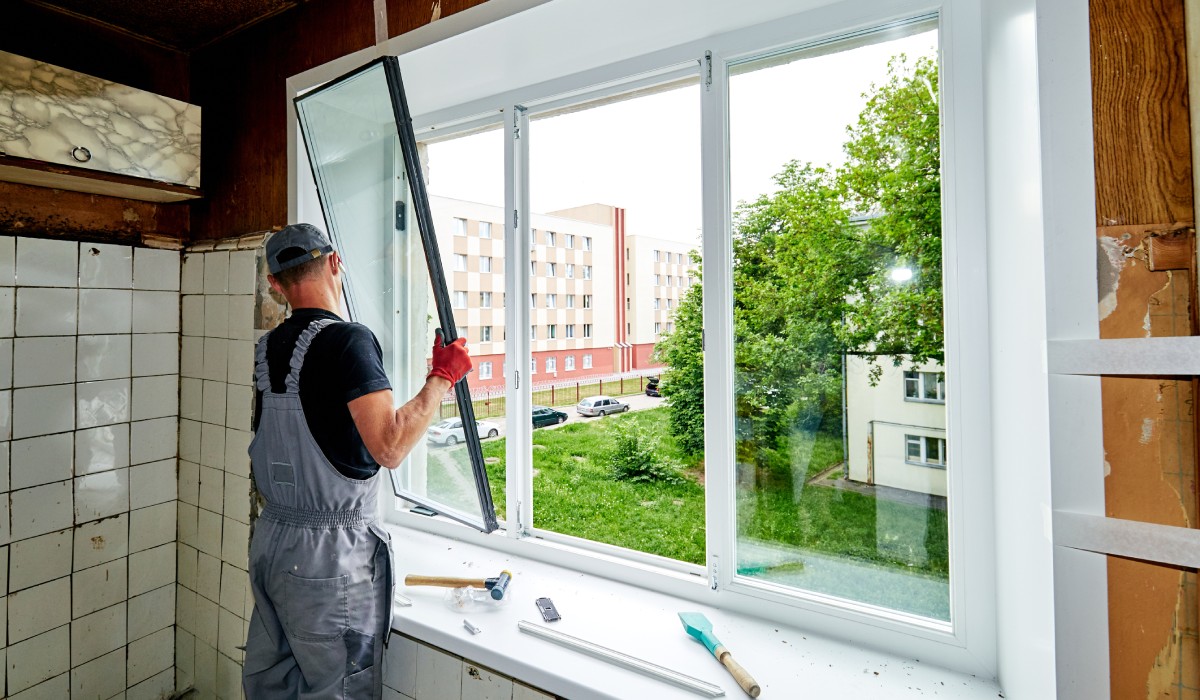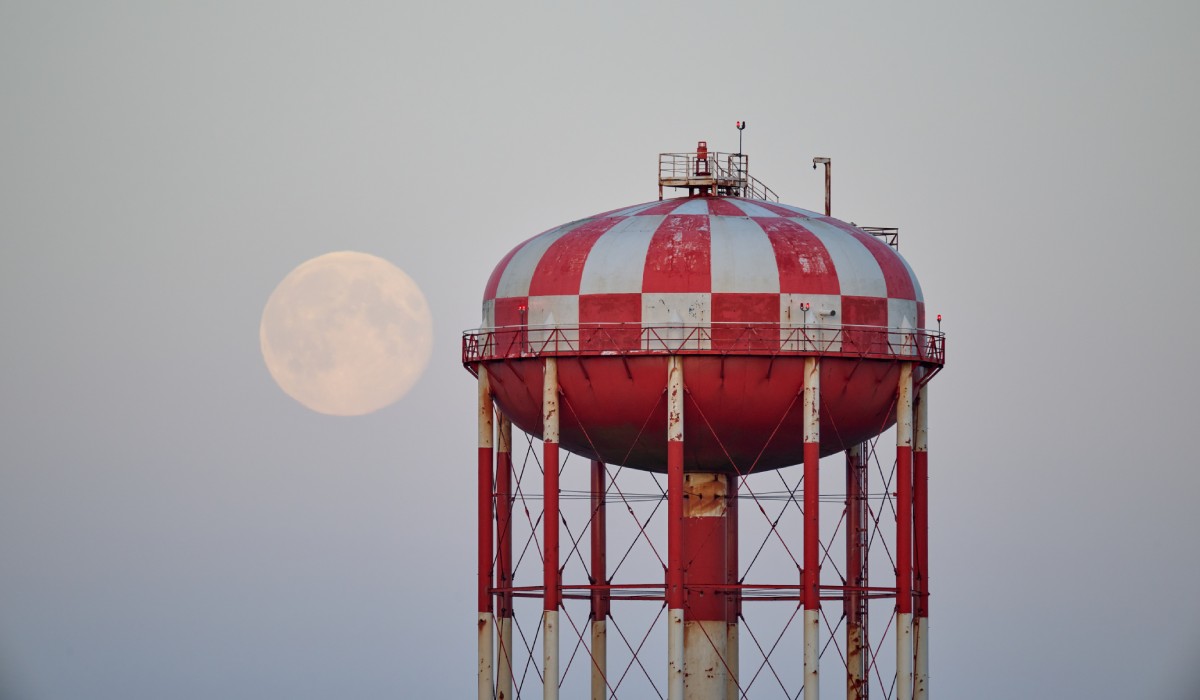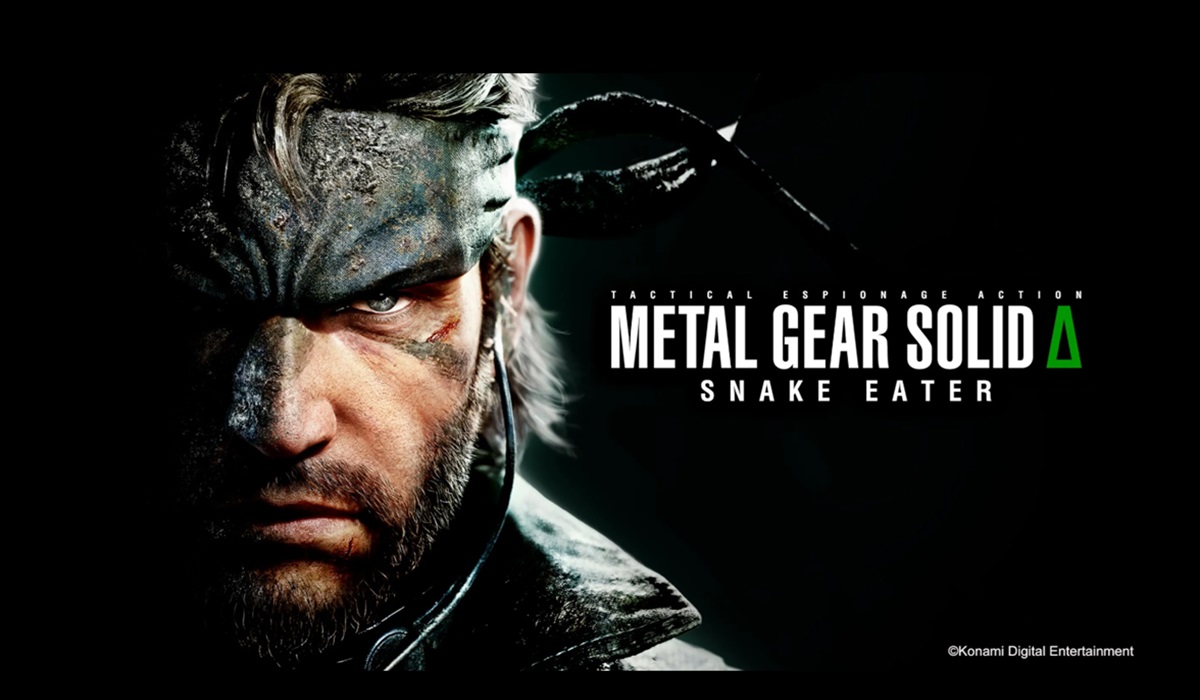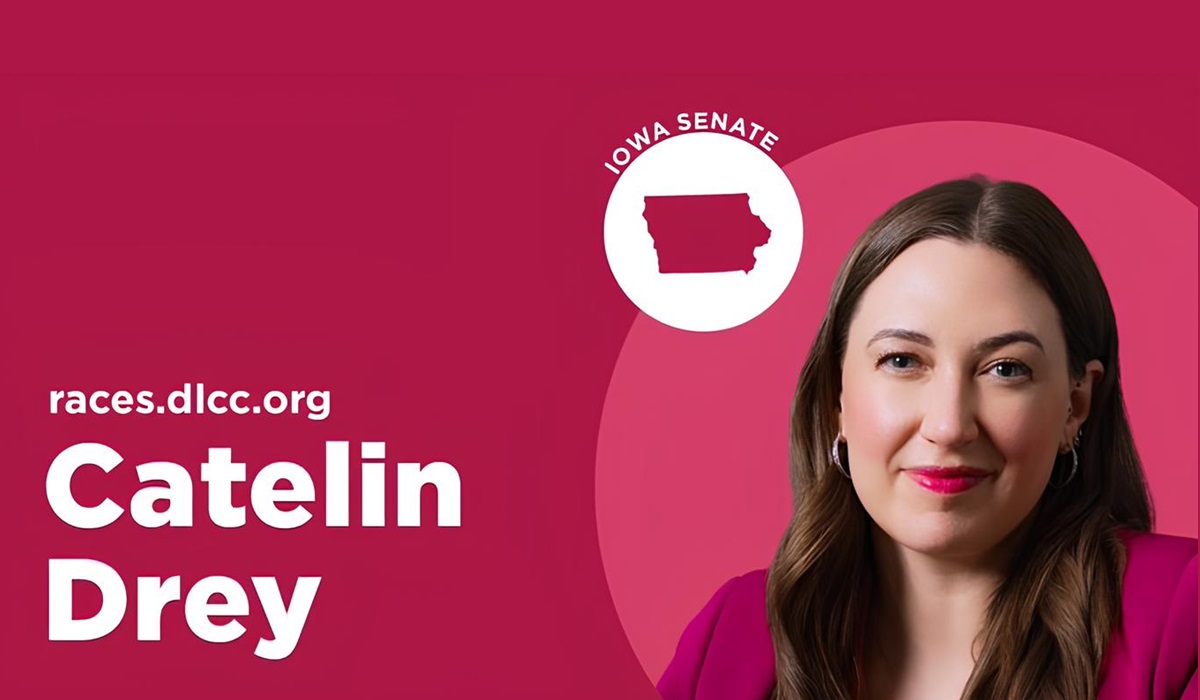NDP leader Jagmeet Singh has declared that the ongoing trade war, particularly the economic fallout from tariffs, is worse than the COVID-19 pandemic. It’s a shocking claim, considering that COVID-19 killed over seven million people worldwide, left tens of millions unemployed, and forced governments into unprecedented lockdowns. The pandemic crippled global supply chains, led to historic economic contractions, and left entire industries on life support. In Canada alone, millions of jobs vanished overnight, GDP shrank at record levels, and emergency spending skyrocketed to keep the country afloat.
Singh is calling for an emergency session of Parliament to address Employment Insurance (EI) reforms, arguing that the economic damage from tariffs requires immediate action. But for Singh to compare the current trade war to a once-in-a-century global health crisis that paralyzed entire nations is, at best, a political stretch. Yes, tariffs are bad—rising costs, disrupted supply chains, and potential job losses are serious concerns. But to say this is worse than COVID is a rhetorical overreach that even his supporters might find hard to defend.
Beyond the exaggeration, Singh’s actions also raise serious political questions. Despite years of threatening to bring down the government, he continues to keep the Liberals in power. At this point, it’s the equivalent of The Boy Who Cried Wolf. His argument that Canada needs stability amid economic uncertainty might sound reasonable, but in reality, there is no reason for him to continue propping up the Liberals. He has already secured everything he wanted from the power-sharing agreement—dental care, pharmacare, and other key NDP priorities. What exactly is left to justify his support?
Singh’s reluctance to force an election might have less to do with economic stability and more to do with the NDP’s own electoral weaknesses. The last few elections have been brutal for the party—they’ve lost seats, struggled financially, and failed to run a full slate of candidates. There are real concerns about whether they can even afford a national campaign. Can Singh travel coast to coast, making multiple stops in every province and territory? Does the party have the financial resources to mount a competitive campaign? Or will they be forced—once again—to remortgage Jack Layton Place just to stay in the game?
To Singh’s credit, he has shown political leadership on foreign policy issues, particularly his response to the war in Gaza. But that alone won’t be enough to propel the NDP into government. His latest call for EI reform, while important, doesn’t change the bigger picture: the Liberals are on borrowed time, and Singh’s continued support of them may come back to haunt him.
When the writ drops—and it will—Singh won’t be leading the next government. The Liberals are already facing a reckoning, with Canadians fed up with years of mismanagement, economic strain, and a leadership race that felt more like a coronation than a contest. Singh’s decision to stick by them might not just cost him credibility—it could cost his party even more seats. And if the NDP gets wiped out in the next election, Singh will have no one to blame but himself.

